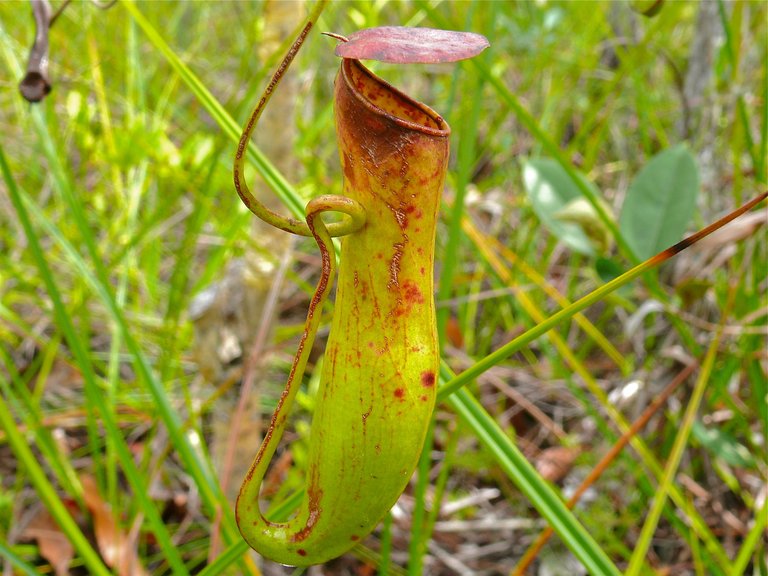The egg or the hen which came first? You see, the idea of evolution is something that we still try to understand till date and as science tries to uncover new things, it looks like there is more to uncover just like when pealing an onion bulb.
Let me give an instance so you can understand what i want to discuss in this post. Imagine that we didn’t all have eyes or one other organ in the body because the organ didn’t exist but then evolution wanted to take place so as to bring the organ to become a part of us, do you think a child was born and Bam! he has eyes or it was a gradual process getting an eye socket then eyeballs that were not functional, then after thousands of years they become functioning eyes?
When we talk about evolution, we based them on two ideas with one being that the trait develop gradually, over a period of time, or the other which is that the trait develop suddenly as a result of a sudden event causing massive changes such as in the case of mutation.
If we want to look at these two with the eye example, could we say that the eye just appeared or it took time before the muscles of the eyes formed. Asides detecting light, the human eyes do a lot of thing including detecting distance, smoke, and color,so if it was going to be a gradual thing, then it means the eye might come first without seeing, then it would start seeing but not with color, after which color comes, then distance and so on. The muscles start generating one after the other if we are to look at the case of spontaneous generation, but if we are to look at the case of sudden development then it means that mutation just causes the eyes to appear as a result of sudden changes which were beneficial.
Which of these evolution ideas hold true? In 2024, two papers which were published in the journal of science where one study looked at Pitcher plants which is a carnivorous plant which usually traps and consume ants. The research looked at how a drop of water on the lid of a pitcher plant leaf when an ant is on it causes the lid to shoot the ant into the cup shaped leaves where the ant is trapped. For this to happen, the plant lid that catapults the insect into leaf cup, the slippery texture of the leaf lid which allows for ants to stay on it but then allow for easy release of the ant into the cup shaped leaf, and the mechanism of catapulting with the springboard evolved.
All three of this traits need to work together for the plant to get the ant into the trap pot and you would think that the traits developed together but according to research, the traits developed individually. Pitcher plant with springboard trapping are the only pitcher plants with these trait of catapulting insects into its leaf pot while other pitcher plants have different lids. Pitcher plants with these traits are the Nepenthes perveillei, and Nepenthes gracilis.
Another study looked at Rough Periwinkle (Littorina saxatilis) snails which is a specie of snail that give birth to their young alive compared to other species of snails that lay eggs. The researchers wanted to find the gene responsible for coding for life birth in the snail and found that the location of these genomes didn't change immediately like the rest of the genomes, and the study showed that the genes associated with birthing young ones took over 100,000 years to come together which shows that the evolution didn't just happen immediately.
It looks like evolution according to these studies isn't a giant leap move rather it is a case of gradualism where it took years for these genes to come up or the traits to show up. The mysteries of evolution persist, with ongoing research uncovering the intricate processes that shape life on Earth. Whether through gradual adaptation or punctuated shifts, evolution showcases the remarkable resilience and adaptability of living organisms—a testament to the wonders of the natural world.
Read More
https://www.eurekalert.org/news-releases/1030028
https://www.science.org/doi/10.1126/science.ade0529
https://www.science.org/doi/10.1126/science.adi2982
https://www.science.org/doi/10.1126/science.adm9239

